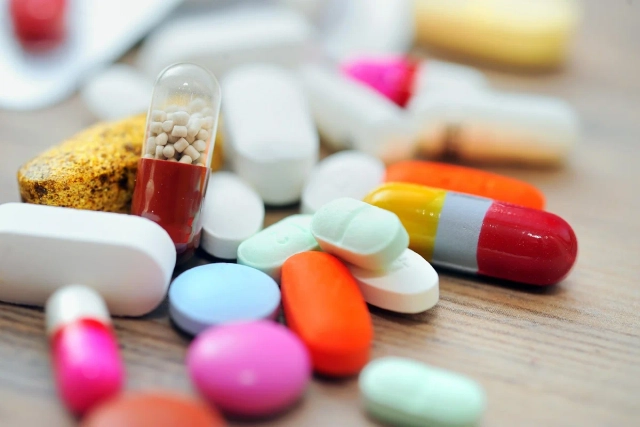Health
Centre To Disclose Mechanism For Controlling Prices Of Life-Saving Drugs In Supreme Court

In November 2022, the government made revisions to the list and prices of essential medicines.
The Centre has agreed to present its mechanism for controlling the price of life-saving and essential drugs to the Supreme Court.
This decision was made in response to a petition filed by the All India Drug Action Network, represented by senior advocate Colin Gonsalves.
The government will file an updated affidavit with the court, as confirmed by Additional Solicitor General Aishwarya Bhati during a hearing on 13 September.
The petition filed by the All India Drug Action Network, represented by Colin Gonsalves, has been listed for hearing on 4 October.
The court will review the case and consider the arguments put forth by the petitioner regarding the pricing of essential medicines. This is an important step in ensuring affordable access to life-saving drugs for the public.
In November 2022, the government made revisions to the list and prices of essential medicines.
These changes were implemented with the aim of making these drugs more accessible and affordable to the general population. The government's efforts in this regard will be presented and discussed in the Supreme Court, as part of the ongoing case on drug pricing.
The National Pharmaceutical Pricing Authority, a government regulatory agency in India, initiated the revision of the applicable ceiling price of pharmaceutical drugs under the Drugs (Prices Control) Order of 2013.
In April, the Health Ministry announced that it successfully capped the ceiling prices of 651 essential medicines listed under the National List of Essential Medicines. This resulted in an average decrease of 16.62 per cent in the approved prices of these medicines.
After years of hearings, the court is still deliberating on a case that raised objections to the formula used for drug pricing.
The formula for drug pricing was criticised for promoting "super-profits" under the guise of price control. It was also accused of excluding life-saving medicines for diseases like malaria and TB, as well as disregarding fixed dose combinations that make up a significant portion of the market.
According to the NGO, the government's pricing policy not only excluded essential medicines of the same chemical class, but also neglected drugs provided in national health programs such as those for HIV, diabetes, hypertension, and anemia.
Additionally, medicines with appropriate dosages for children and patented medicines were also left out.
In response, the government argued that the pricing policy was carefully formulated through extensive consultations and that the objective was to ensure that essential drugs are affordable for the common man.
Support Swarajya's 50 Ground Reports Project & Sponsor A Story
Every general election Swarajya does a 50 ground reports project.
Aimed only at serious readers and those who appreciate the nuances of political undercurrents, the project provides a sense of India's electoral landscape. As you know, these reports are produced after considerable investment of travel, time and effort on the ground.
This time too we've kicked off the project in style and have covered over 30 constituencies already. If you're someone who appreciates such work and have enjoyed our coverage please consider sponsoring a ground report for just Rs 2999 to Rs 19,999 - it goes a long way in helping us produce more quality reportage.
You can also back this project by becoming a subscriber for as little as Rs 999 - so do click on this links and choose a plan that suits you and back us.
Click below to contribute.
Latest